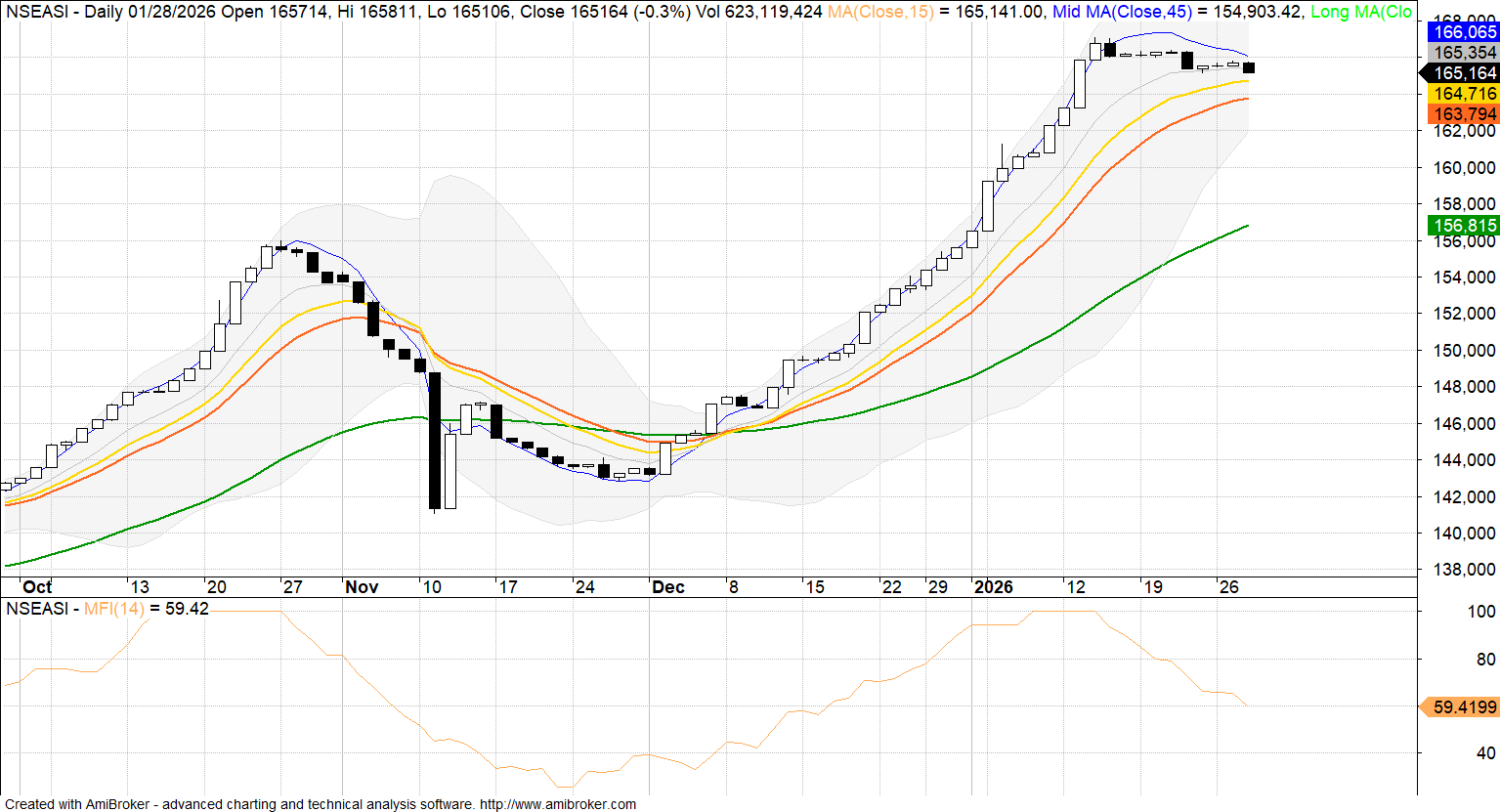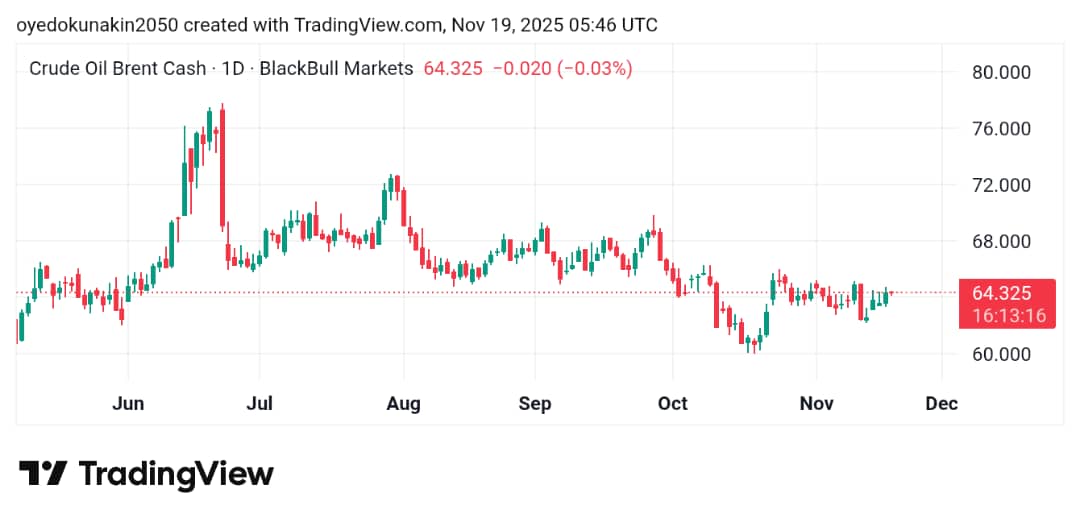
Akintunde Oyedokun
Research Analyst
Oil prices edged up on Thursday as U.S. crude inventories dropped more than expected amid rising demand during the summer driving season. Brent crude rose 5 cents to $67.73 per barrel, while WTI gained 32 cents to $65.24. The drawdown of 5.8 million barrels, reported by the EIA, surpassed forecasts and signaled tightening supply. A weaker dollar also boosted demand, though easing Middle East tensions, including hopeful peace remarks from Israeli and U.S. leaders, capped gains.
U.S. Jobless Claims Dip, But Hiring Slows Amid Economic Uncertainty
Jobless claims in the U.S. fell by 10,000 to 236,000 last week, signaling a still-resilient labor market. However, businesses remain cautious about hiring due to economic uncertainty and import tariffs, raising concerns about a potential rise in unemployment. Continuing claims rose to 1.974 million—highest since November 2021—suggesting weaker hiring. Economists expect June’s jobless rate to rise to 4.3% or higher. While the labor market is softening, the Federal Reserve is unlikely to cut interest rates before December.
Canada Home Prices to Fall 2% in 2024 Amid Trade War, Recovery Seen in 2026
Canada’s average home prices are expected to drop 2% in 2024 and remain flat in 2026, according to a Reuters poll, reversing earlier forecasts of modest gains. The decline is driven by weakened buyer confidence due to U.S.-Canada trade tensions, job security concerns, and rising housing supply. Although the Bank of Canada’s 225 basis points in rate cuts have cushioned the downturn, further rate cuts and easing trade tensions are seen as key to stabilizing the market and triggering recovery next year.
South Africa Sees Rise In Q1 FDI To R11.7bn, Portfolio Investments Record R53.7bn Outflows
South Africa attracted R11.7 billion ($661 million) in foreign direct investment in Q1 2025, up from R7.5 billion in Q4 2024, driven by increased equity from foreign parent companies, according to the central bank. However, portfolio investments saw R53.7 billion in outflows due to equity sell-offs and a public bond redemption.
Nigeria’s New Tax Laws To Become Operational January 2026, Says FIRS Boss
Zacch Adedeji, Chairman of the newly renamed National Revenue Service (formerly FIRS), has confirmed that the four newly signed tax reform bills will take effect from January 1, 2026.
He explained that the six-month lead time is necessary for proper planning, public sensitization, and alignment with the government’s fiscal calendar. Adedeji emphasized that such systemic changes should not be introduced mid-year. His aide, Dare Adekanmbi, added that the timeline ensures taxpayers have adequate time to understand and prepare for the new laws.












